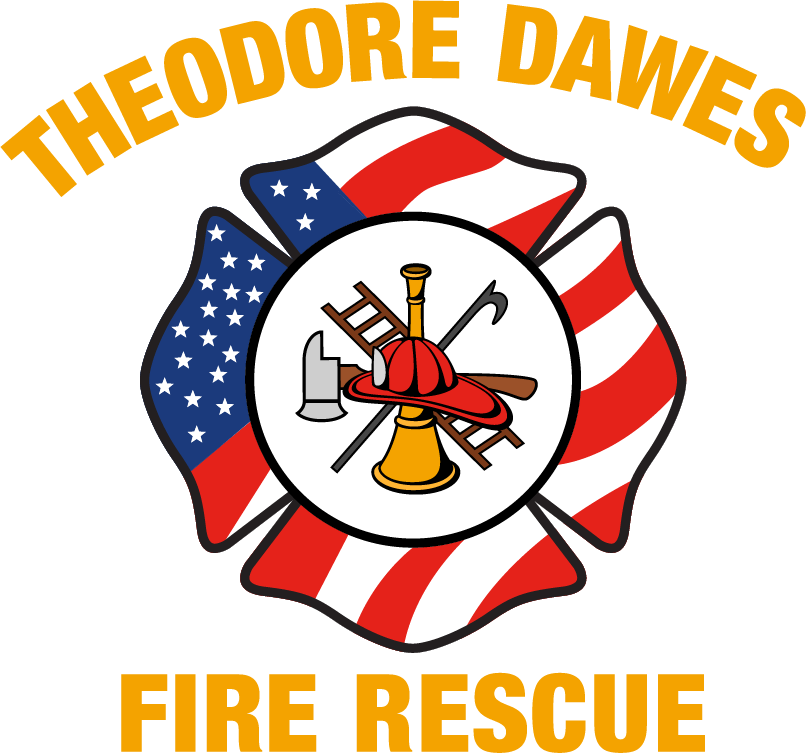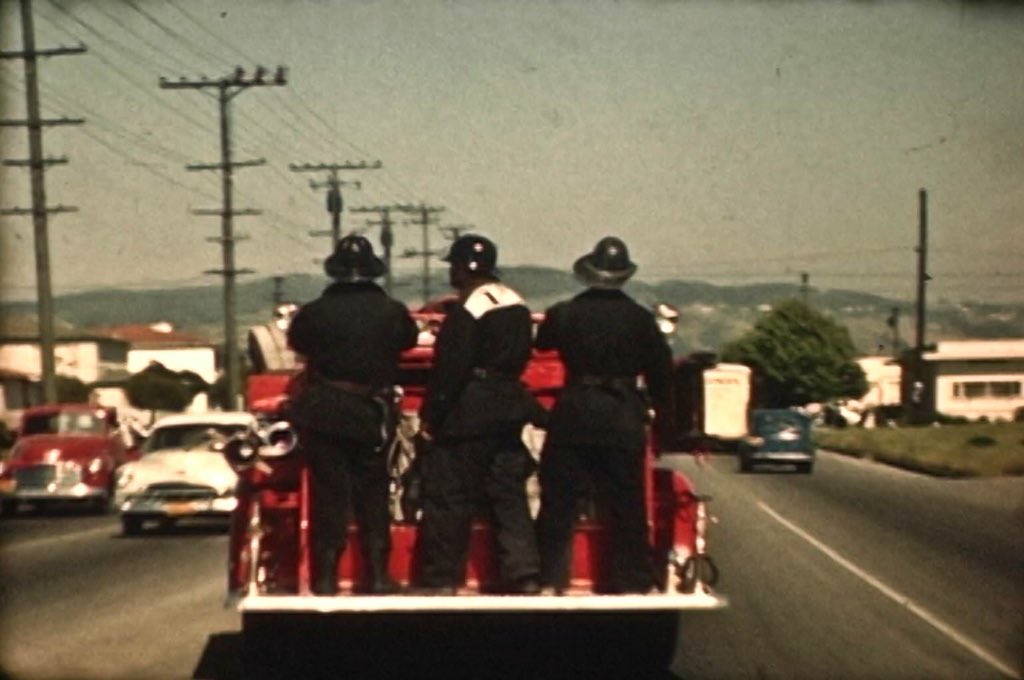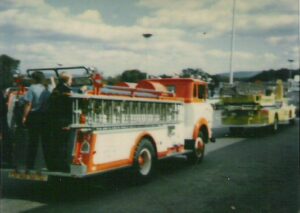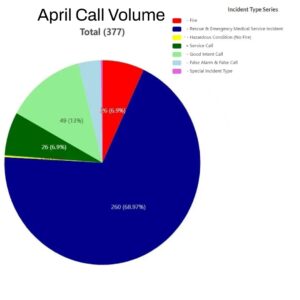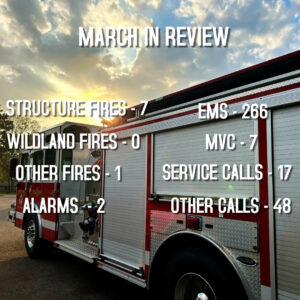Well, it seems that I barely put the pen down, or in my case the keyboard, and here it is time for another edition of Tail Board Talk. So, I thought I would spin a little on Hurricane Season and preparedness.
We are one month in and have already had three named storms, Arlene, Bret, and Cindy. Arlene did not by any means follow the normal pattern, firing up right in our backyard and then going South. Just goes to show that you can never really predict Mother Nature, regardless of how much we may try. The season is upon us, the days are hot, and the afternoon thunder boomers are impressive, if you happen to be under one. Welcome to Summer in South Alabama. As we continue to spin through the universe and into Summer, the Theodore Dawes Fire Rescue Department asks that you remain vigilant to brewing storms. We cannot stress enough the importance of being prepared and having a plan. Recent events like Arlene mean you cannot wait because in the case of that storm, had it come North, there would have been little, if any preparation time.
If your plan is to evacuate, let your family know as much and where you will be going and a means of communication. I would also encourage you to depart as soon as practical due to the most certain clogging of the highways. If you plan to batten down the hatches and ride it out at home, please consider the following. If you live in low lying areas that are prone to flooding, don’t stay. If you stay, make sure you can sustain yourself and your family for 72 hours (3 days). Seventy-two hours is the national window of guidance laid out by FEMA for response to severely impacted areas. If you plan on staying in place, make sure you have water for drinking, fill your tub, and in my case, make sure the pool is full. If your water is not bottled, be sure to boil it before using it for drinking or cooking purposes. Stock up on nonperishable food items such as canned meats and vegetables, as well as individually wrapped snacks. Have a supply of batteries on hand, remember, you could be subject to no power for days or even weeks. If you have and plan to use generators to power your appliances, be sure to follow these guidelines.
Never use the generator in an unventilated area. It is best to place them outside, away from any area open to the interior of your home. The exhaust gases are toxic and deadly. Do not overload your generator with extension cords. Just like in your home when the electricity is abundant, overloaded extension cords can cause fires. Only use the most necessary appliances. Lastly, do not store your gasoline near or place loose materials around the generator. It will generate a substantial amount of heat while running for long periods of time and could easily ignite a fire.
When a storm passes, (many can remember from storms past) there will be the distinct sound of chainsaws. We kindly ask all who read this post to use extreme caution when using chainsaws and other power tools during clean up. Call volumes often increase after storms due to injuries while cleaning up. I speak from experience when I tell you, chainsaws can create a very nasty injury, some of which can lead to death.
Also, please remember that while we are here to serve the community, at some point during a direct hit storm, it becomes unsafe for responders to get out. Once our area reaches 50mph sustained winds, our personnel will no longer be responding to calls. It’s just not safe for them to be out. After a storm has passed, crews will resume responding to calls and will do so on a priority basis. Meaning the highest priority calls will be responded to first and so on. Be patient and know we will get to you and attempt to address your needs as soon as we can.
Thank you for your support of the TDFR.
Chief Byrd
